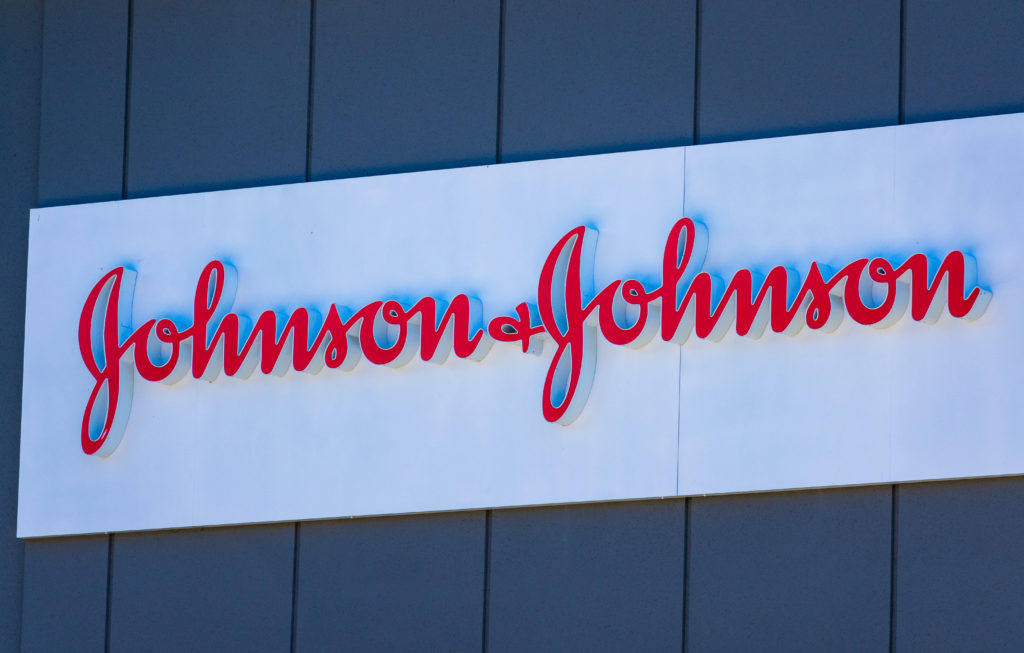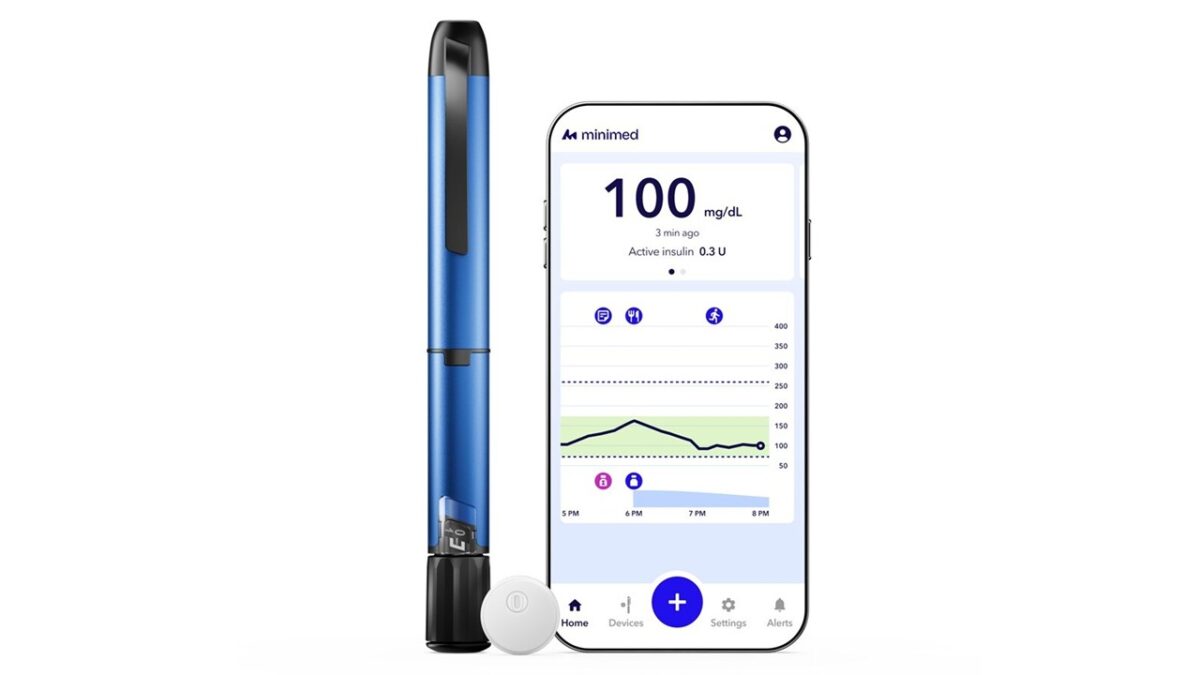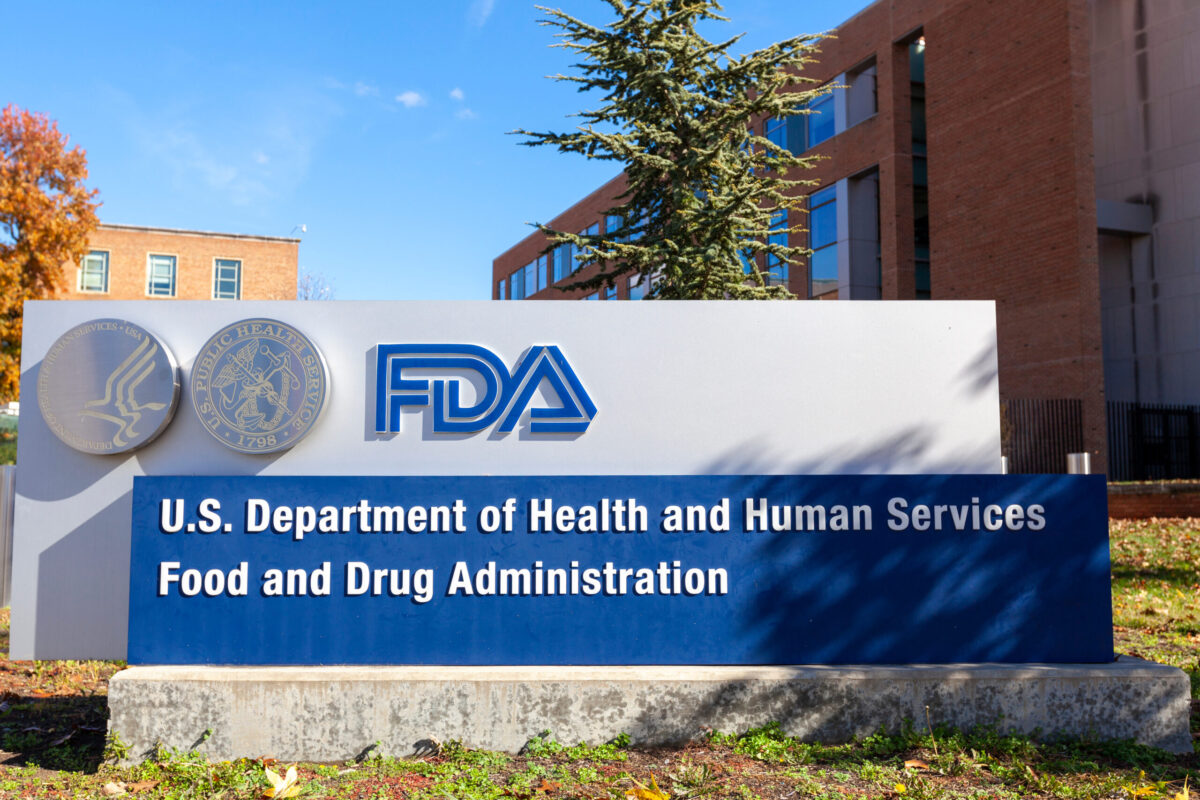Developed in partnership with Legend Biotech Corp of China, Johnson & Johnson’s cell therapy Carvykti (formerly known as cilta-cel) received approval from the US Food and Drug Administration (FDA) this week for the treatment of multiple myeloma.
Carvykti has become the sixth FDA-approved cell therapy, all for leukemias and lymphomas, in the class of chimeric antigen receptor (CAR) T-cell treatments, and the second for multiple myeloma. The first approved CAR T-cell therapy for the blood cancer was Bristol Myers Squibb’s Abecma, which received FDA approval in March 2021.
Multiple myeloma is a blood cancer that arises due to the accumulation of abnormal versions of plasma cells, a type of white blood cell.
The decision on the Johnson & Johnson-Legend CAR T-cell therapy was delayed by six months, after an initial expected date of November 2021, owing to extension of a priority review at the request of the FDA so they could have more time to review the information submitted by Johnson & Johnson.
XTALKS WEBINAR: The Evolution of a Connected Products Strategy: From Remote Service to Digital Thread
Live and On-Demand: March 16, 2022 | 9am EDT (NA) / 1pm GMT (UK)
A successful connected products strategy is part of the digital transformation journey for many life science companies. Register for this webinar to see a case study about Carl Zeiss Microscopy GmbH’s decision process to pursue a connected products strategy. Learn how digital transformation addresses goals of better uptime, more effective service for laboratory end-users and can be expanded to support organizations with performance information to drive continuous improvements.
CAR T-cell therapy is a type of immunotherapy that involves leveraging a patient’s own immune system against the disease. The treatment involves taking a patient’s T cells and introducing a chimeric T cell receptor engineered to target specific proteins on tumor cells.
Carvykti is administered as a single infusion and targets cells that express the B-cell maturation antigen (BCMA) which is mainly expressed on malignant multiple myeloma B-lineage cells and also late-stage B-cells and plasma cells.
The FDA approval was based on the latest data from the Phase II CARTITUDE-1 study, which demonstrated an almost 100 percent response rate among the 100 enrolled patients with relapsed or therapy-resistant disease (to at least three administered drugs).
After a median follow-up of two years, 83 percent of the patients had a “stringent complete response,” which means cancerous cells could not be detected in the blood or bone marrow. At the two-year mark, 74 percent of patients were still alive and the cancers of 61 percent of patients did not progress, demonstrating a strong efficacy and durability of response. The trial was a single-arm trial with no control group as patients in the trial were very sick with advanced disease, having not responded to most previous treatments.
Johnson & Johnson and Legend will jointly commercialize Carvykti in the US. The companies have also filed applications for regulatory approvals in Japan and Europe. Legend received an upfront payment of $350 million for the joint development and commercialization of the drug.
Carvykti has a list price of $465,000, which is slightly higher than the $419,500 wholesale cost of Bristol Myers Squibb’s Abecma. In a statement to Biopharma Dive, Johnson & Johnson said it expects the therapy to be covered by most commercial insurers as well as Medicare.
CAR T-cell therapies are expensive to develop but makers say they are well worth the price given the significant clinical benefit they offer as highly targeted, personalized therapeutics.
Bristol Myers Squibb’s first approved CAR T-cell therapy was Breyanzi for the treatment of lymphoma. Both Abecma and Breyanzi got FDA clearance in early 2021. Abecma was jointly developed by bluebird bio and Bristol Myers Squibb.












Join or login to leave a comment
JOIN LOGIN